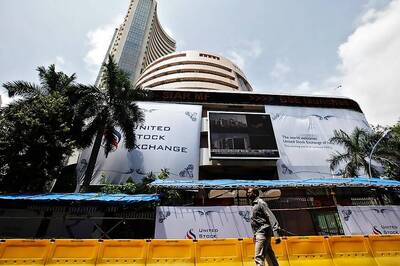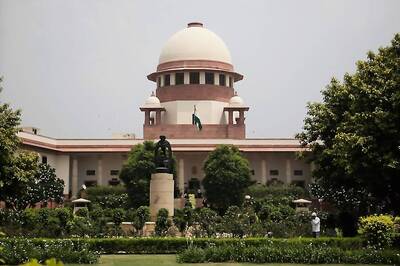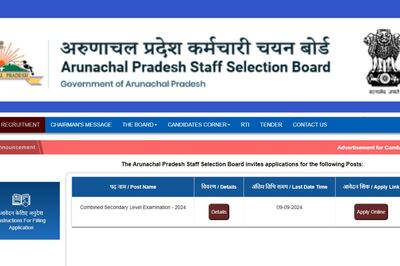
views
As the domestic economic factors look positive and the economy is looking at recovery, the real estate sector has been witnessing a rise in demand. However, high interest rates of late are affecting housing demand adversely, as home loans are getting costlier, which are making homes costlier. Here’s a guide on home loans and five banks offering lowest interest rates.
Two Types of Interest Rates: Fixed And Floating
There are two types of loans that are offered by banks. When taking any loan, you must confirm what kind of interest rate you are being offered — fixed or floating. In the fixed interest regime, the interest rate remains the same throughout the loan tenure. For example, if you take a loan at a fixed interest of 8 per cent, this interest rate will remain the same throughout the EMI period.
In the floating interest rate, changes in the bank’s MCLR will affect the amount of your EMI. For example, if the RBI raises its repo rate, the banks will pass on the rate hike and increase you interest rate. This will raise your EMIs.
Banks Offering The Lowest Interest Rates
Private sector lender HSBC Bank is currently offering the cheapest interest rate of 6.85-7.75 per cent. Canara Bank offers 7.05-11.85 per cent interest rates on home loans. Karur Vysya Bank is offering home loans at the interest rates of 7.15-9.35 per cent. Mortgage firm Bajaj Housing Finance is currently offering interest rate starting from 7.2 per cent. Bank of Maharashtra is offering interest rates of 7.30-9.45 on home loans.
The interest rate varies from person to person depending upon the risk profile of borrower like CIBIL score, gender, salaried or non-salaried, and the amount of loan. If you have an excellent CIBIL score, you will get a cheaper interest rate as compared to those with lower scores. Also, the higher the amount of the loan, the higher the interest rates.
In order to control inflation, the Reserve Bank of India (RBI) in early June raised the key repo rate by 50 basis points (bps), which was the second hike within almost as month after the central bank’s Monetary Policy Committee increased 40 basis points in off-cycle policy review in May. The retail inflation in May stood at 7.04 per cent, which is higher than the RBI’s target limit of 2-6 per cent.
Following this, several lenders, including ICICI Bank, State Bank of India and HDFC Bank, increased their interest rates for both deposits as well as loans, making loans costlier.
According to a report by real estate consultancy firm Anarock, rising interest rates in the country after the RBI’s recent repo rate hikes and increasing property prices are adversely affecting housing sales. The sales in seven major cities saw a moderation of 15 per cent in the June 2022 quarter to 84,930 units, compared with 99,550 units in the March 2022 quarter, according to . The Mumbai Metropolitan Region (MMR) witnessed the highest sales of about 25,785 units in Q2 2022, followed by the NCR with nearly 15,340 units.
The report added that developers restricted new supply to about 82,150 units in the June 2022 quarter as against 89,150 units in Q1 2022, an eight per cent decline during the period. The MMR and Pune were the only markets to see new launches increase by 26 per cent and 14 per cent q-o-q, respectively. The remaining top-five cities saw reduced new launches.
Read all the Latest News, Breaking News, watch Top Videos and Live TV here.



















Comments
0 comment